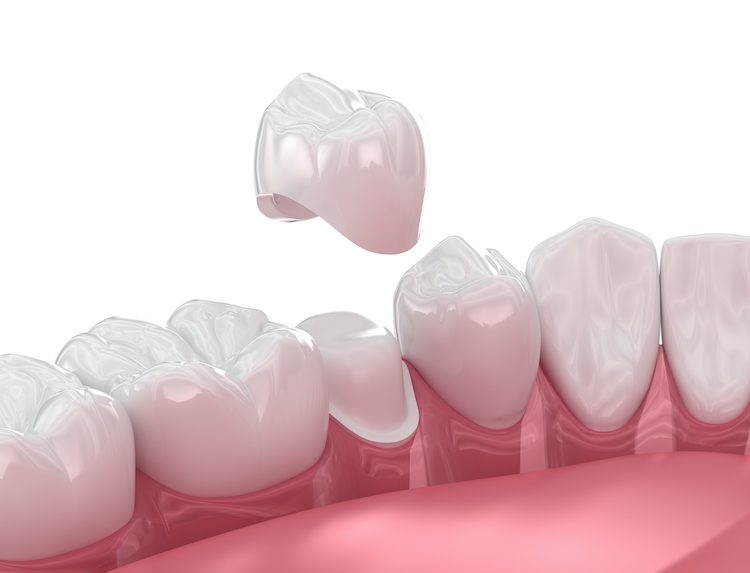A dental crown is a versatile and widely-used restorative option in dentistry. It is designed to protect, cover, and restore the shape of a damaged tooth. Crowns could blend seamlessly with your natural teeth or provide added durability, depending on your needs. Many people are familiar with crowns as a cosmetic or functional dental solution. But knowing the specific situations in which a dental crown becomes necessary can help you make informed decisions about your oral health.
When Tooth Decay Has Gone Too Far
Cavities are common, and in many cases, they can be treated with a simple filling. However, when decay becomes extensive, covering a large portion of the tooth, fillings may no longer provide the strength or structure needed. In such cases, a dental crown offers a more secure and long-lasting solution. It could encapsulate the weakened tooth, protecting it from further damage while restoring its function.
After Root Canal Treatment
Root canals are used to treat infections deep inside a tooth, removing the pulp and nerve tissue. While this procedure could save a tooth from extraction, it often leaves the remaining structure fragile and prone to fractures. A crown is almost always recommended following a root canal to reinforce the tooth, seal it against further infection, and restore its ability to function normally without risk of breaking under pressure.
Repairing a Chipped or Broken Tooth
Trauma, grinding, or biting into something hard can cause a tooth to chip or break. Depending on the severity of the damage, a dental crown may be the best way to salvage the tooth. Crowns can hold the damaged parts together and shield them from stress, often preventing the damage from worsening. In cases where a break exposes the inner layers of the tooth, a crown could not only restore function but also prevent pain and infection.
To Replace a Large Filling
Over time, fillings can wear down, leak, or even fall out. If a tooth has already undergone multiple fillings or if the existing filling is especially large, the remaining structure may be too weak to support another repair. In this situation, a crown could provide the strength the tooth needs. It also often eliminates the need for constant maintenance or the risk of the filling failing again in the near future.
Supporting a Dental Bridge
Crowns play a critical role in supporting dental bridges, which are used to replace one or more missing teeth. The bridge is anchored to the teeth on either side of the gap, and these anchoring teeth are fitted with crowns to help ensure stability. Without the support of these crowns, the bridge would lack the secure foundation needed for long-term function.
Covering Misshapen or Severely Discolored Teeth
While dental crowns are often used for structural support, they could also serve aesthetic purposes. In cases where a tooth is misshapen, severely discolored, or poorly aligned, a crown could dramatically improve its appearance. This is especially helpful when traditional whitening treatments are ineffective or when cosmetic bonding cannot deliver the desired results. A custom-made crown may restore a natural, symmetrical look to your smile.
To Finish Off a Dental Implant
When replacing a missing tooth with a dental implant, the final step is placing a crown on top of the implant post. This crown serves as the visible portion of the tooth and is crafted to match the size, shape, and color of your surrounding teeth. It often allows you to chew, speak, and smile confidently, making the implant functionally and aesthetically complete.
Dental Crowns in Chester Springs, PA
At Dental Distinction, we always strive to preserve your natural tooth structure whenever possible. If you have decay or damage, a dental crown could prevent worsening conditions and the need for extraction. Contact our office today to schedule a consultation and learn more about your restorative dentistry treatment options.

